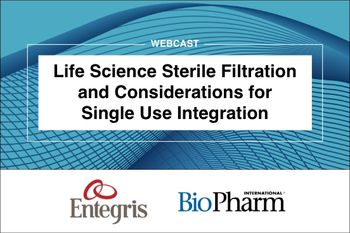
Webinar Date/Time: Thu, Jul 27, 2023 11:00 AM EDT

Webinar Date/Time: Thu, Jul 27, 2023 11:00 AM EDT

CPC presents a green alternative to chromatography that supports sustainable operations.

Optimization strategies that leverage advanced technologies are essential for maximizing yield and quality.
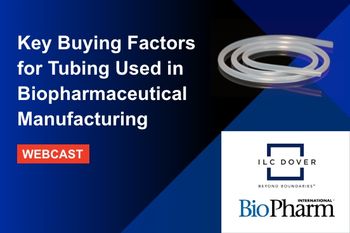
Webinar Date/Time: Tue, May 2, 2023 11:00 AM EDT

The breakthrough approach is commonly used, but the devil is in the details.

In this article, a simple chromatographic model is proposed that is capable of predicting the impact of pH and ionic strength on HIC chromatograms.

SMB technology in the downstream can facilitate the shift to continuous bioprocessing.
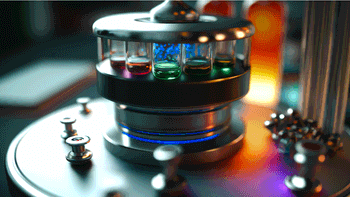
Downstream processing will continue to see shifts with the incorporation of modern, efficient technologies.

Sartorius BIA Separations and Teknova will collaborate to combine their technologies in an effort to streamline the downstream purification process.

In part 2 of this article, results from the testing of a next generation convecdiff membrane are discussed.

Single-use systems hold key benefits for biomanufacturers, despite certain limitations.

Advanced LC technologies can streamline the review process for LC equipment maintenance.
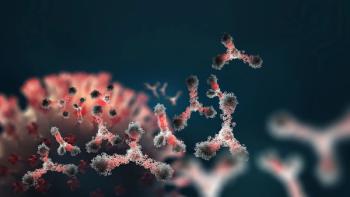
The testing of new convecdiff membranes shows this material to be well suited for lab- and commercial-scale bind-and-elute applications.
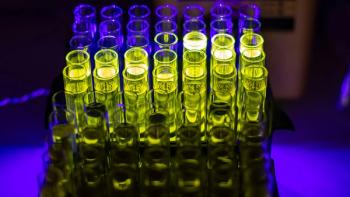
Affinity chromatography resins must perform well under mild elution conditions yet withstand robust cleaning and sanitization protocols.
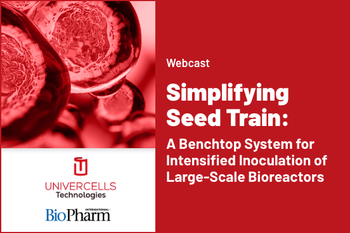
Webinar Date/Time: Tue, Jan 24, 2023 11:00 AM EST
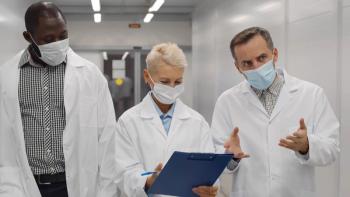
The design of viral clearance studies must keep pace with the quickly evolving biologic drugs industry.
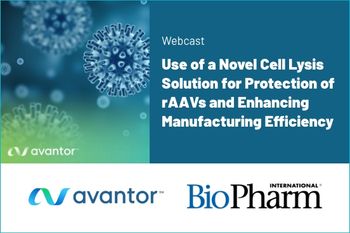
Webinar Date/Time: Tue, Dec 6, 2022 11:00 AM EST
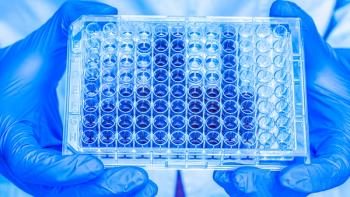
A thorough knowledge of both the upstream and downstream processes is required to ensure effective removal of residual impurities in biopharmaceuticals.

A simplified downstream process can save time and costs but requires enabling technologies.
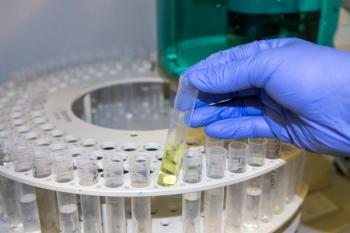
Scaling up chromatography resins requires a thorough understanding of their intended use.

Automation enables intensification of downstream processes.
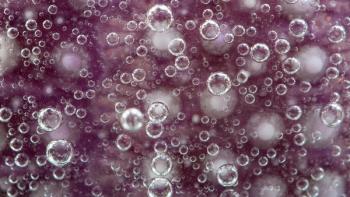
Enriching process understanding enables robust process controls.

Merck has entered into a collaboration with Agilent Technologies with the aim of filling the industry gap in PAT for downstream processing.

Thanks to technological advances, process chromatography challenges are surmountable, but increasingly complex therapies in the pipeline will demand more efficient processes in the future.

An increasingly complex development pipeline and industry considerations, such as sustainability, are leading to a greater need for more efficient separation and purification in downstream processing.